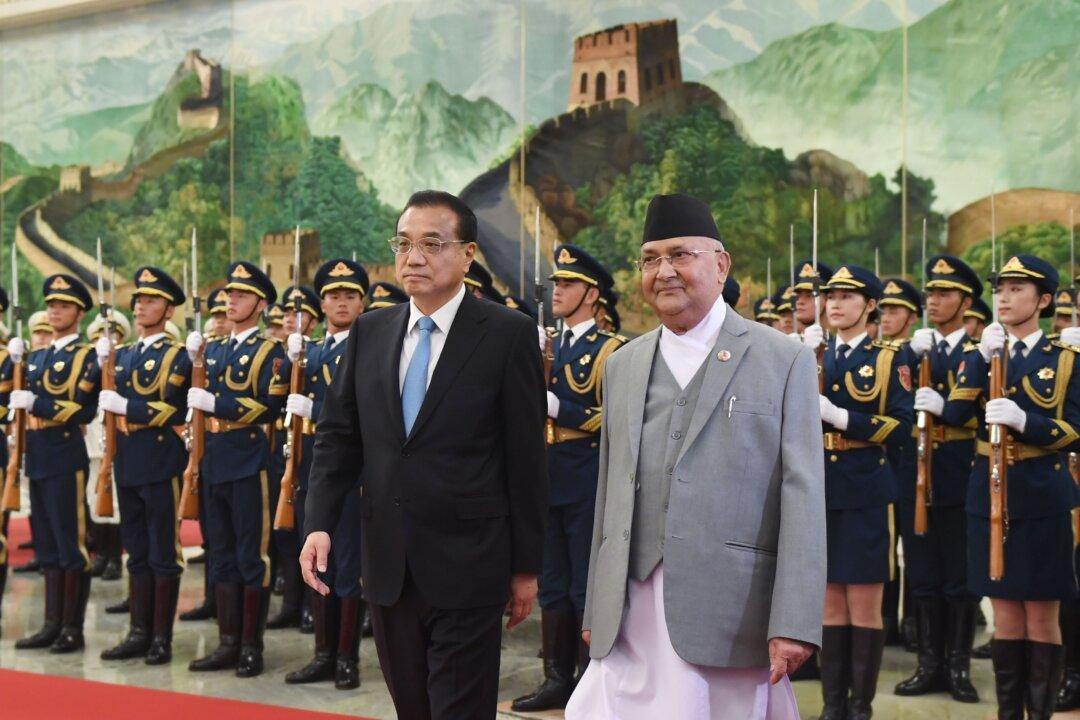China’s ambassador to Nepal has emerged as a major dealmaker in the political duel happening between Nepal’s prime minister and the co-chairman of the Nepalese Communist Party, which both represent.
“China wants the Nepalese Communist Party [NCP] to continue in power for its benefit,” Dr. S. Chandrasekharan, director of the South Asia Analysis Group, told The Epoch Times over the phone from New Delhi. According to him, after China, North Korea, and Vietnam, Nepal is the country with the largest number of Communist Party members.





